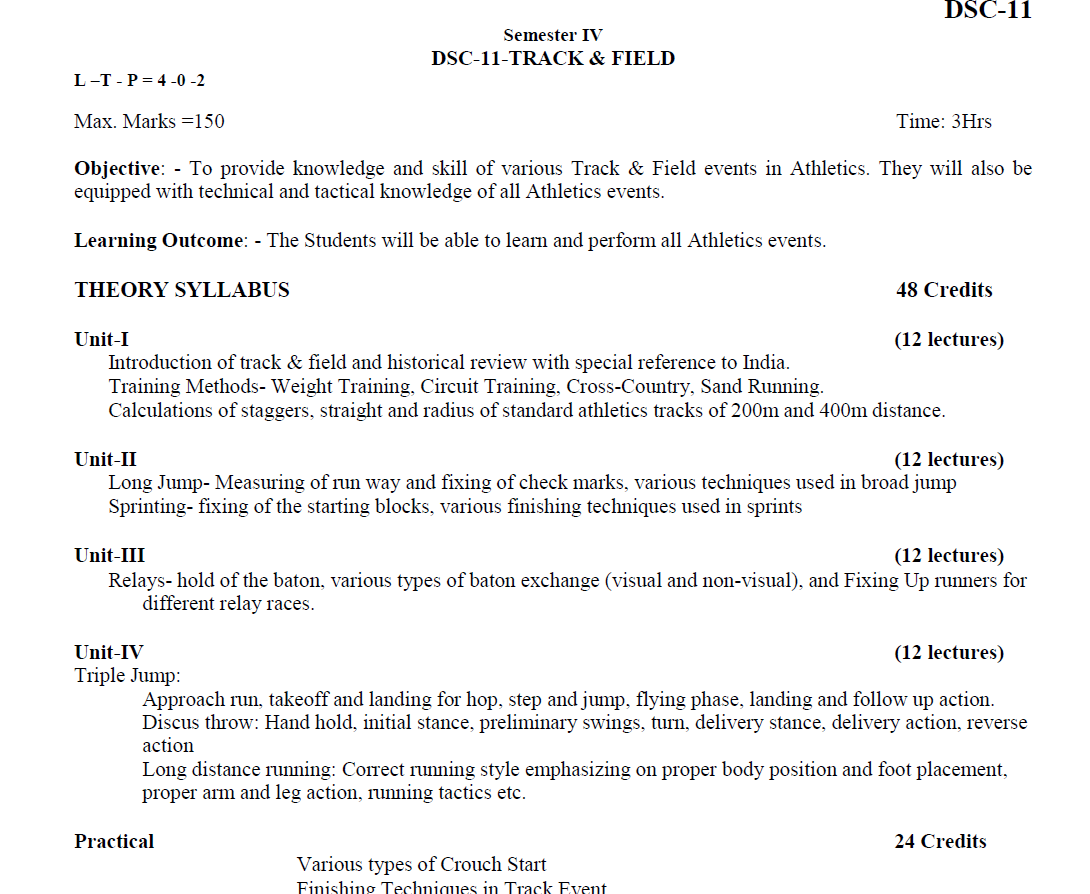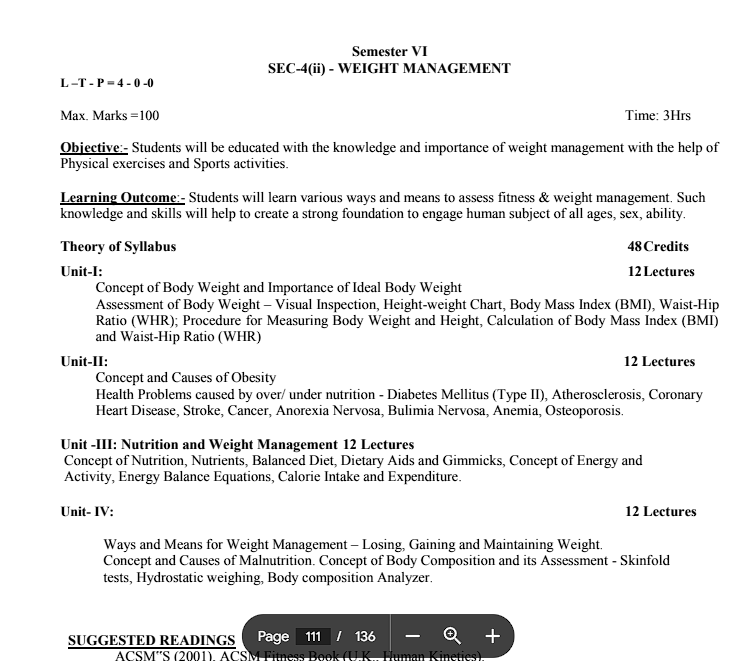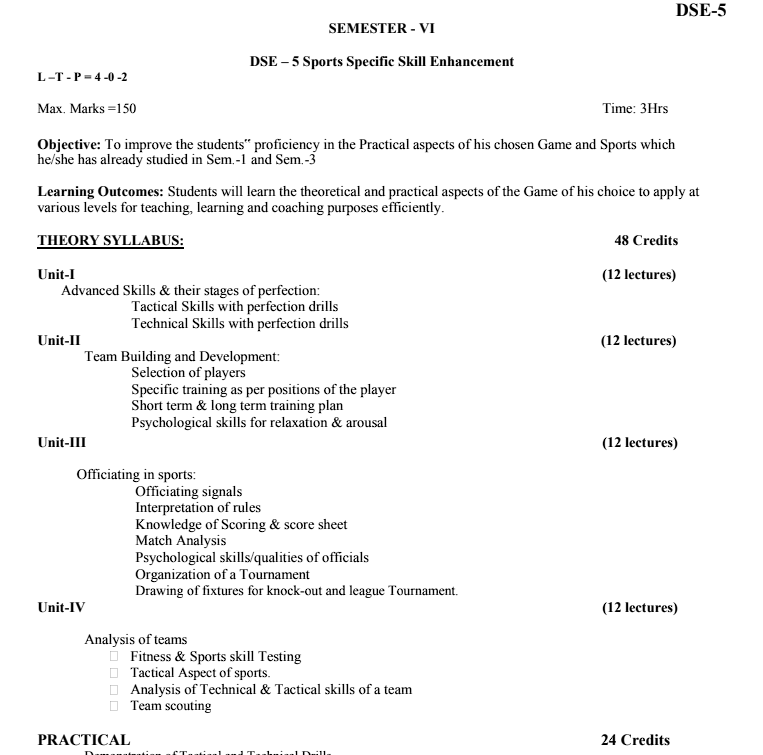Environmental Studies (AECC-2) is a compulsory course for all bachelor degree courses/
programmes (BDP). Which aims to encourage students as well as people about
surrounding livelihood and environment. It also buildup the eyes of carrying for Mother
Nature. The learners of Environmental Studies (AECC-2) course are expected to be
committed to their society and neighboring environment. They will build their mind as well
as people of their society for concerning the environment and other global problem and
their probable solution and our stands to short out them. Global problems like pollution,
water crisis, sustainable use of resources, global warming and ozone layer depletion and
many more.
The six-month curriculum of Environmental Studies gives the learners scopes to gain a brief
and grass root level experiences which would help them know the basic environmental
problems, events occur in past and possible impacts and their solution. The learners are
expected to apply their knowledge in their daily livelihood and will build a better
environment.
- Teacher: Ranjana Gautam

Objective:-To teach all the students the Game of Gymnastics which includes various type of Exercise on various equipment and floor. It also teaches the Students about various National and International Level of Gymnastics competitions.
Learning Outcome:-After studying this subject, the students will learn the Theoretical and Practical aspects of various exercises in Gymnastics and able to understand the process of organizing and evaluating various National and International Competition.
- Teacher: Ashish Katiyar

- Teacher: Saurabh Tiwari
DSC- 12- FUNDAMENTALS OF SPORTS TRAINING
L –T - P = 4 -0 -2
Max. Marks =150 Time: 3Hrs
Objective: - To acquaint students with the knowledge of training principles and their application in enhancing the
sports performance.
Learning Outcome: - The Students will be able to apply training principles in developing various exercise
programme and improving sports performances.
THEORY SYLLABUS: 60Credits
Unit-I 10Lectures
Importance, definition, Aim and objectives, Characteristics and Principles of Sports training
TRAINING LOAD, ADAPTATION AND RECOVERY: Concept of load & Adaptation and Factors affecting of
load & adaptation
Unit-II 15 Lectures
STRENGTH: Types of strength (maximum strength; explosive strength and Strength endurance etc.) &
Determining Factors affecting strength performance and Methods of strength training
ENDURANCE: Definition and significance of endurance, forms of endurance and Methods to develop endurance
Unit-III 15 Lectures
SPEED: Definition, types factors determining speed, Methods to develop speed abilities
FLEXIBILITY: Definition, Factors affecting flexibility; Methods used to develop flexibility
Unit-IV 20 Lectures
TECHNICAL PREPARATION: Definition and meaning of technique, skill and style
Technique training & its implication in various phases;
Tactics and its aim, Principal of Tactical Preparation.
Periodization: Need & types of periodization
Competition: Preparation for competition, number & frequency, competition preparation.
Note: (a) One Theory period is equal to 1 credit of 1 hour duration.
(b) One Tutorial period is equal to 1 credit of 1 hour duration. 12 Credits
SUGGESTED READINGS
Baechle T R & Earle R W (2000). Essentials of strength training and conditioning. Human Kinetics. USA.
Bompa. T.O. (1994). Theory and Methods of Training-A Key to Athletic Performance (3rd Ed.). Kandwall
Hunt Publication Co.
Bompa. T.O. and G. Gregory Hett. (2009) Periodization: Theory and Methodology of Training.
Dick FW (1999). Sport training Principles. A and C Black. London.
Newton H (2006). Explosive lifting for sports. Human Kinetics. US.
Singh Hardayal (1991). Science of Sport Training. D.V.S Pub. Delhi.
- Teacher: Nimisha Singh Kushwaha

